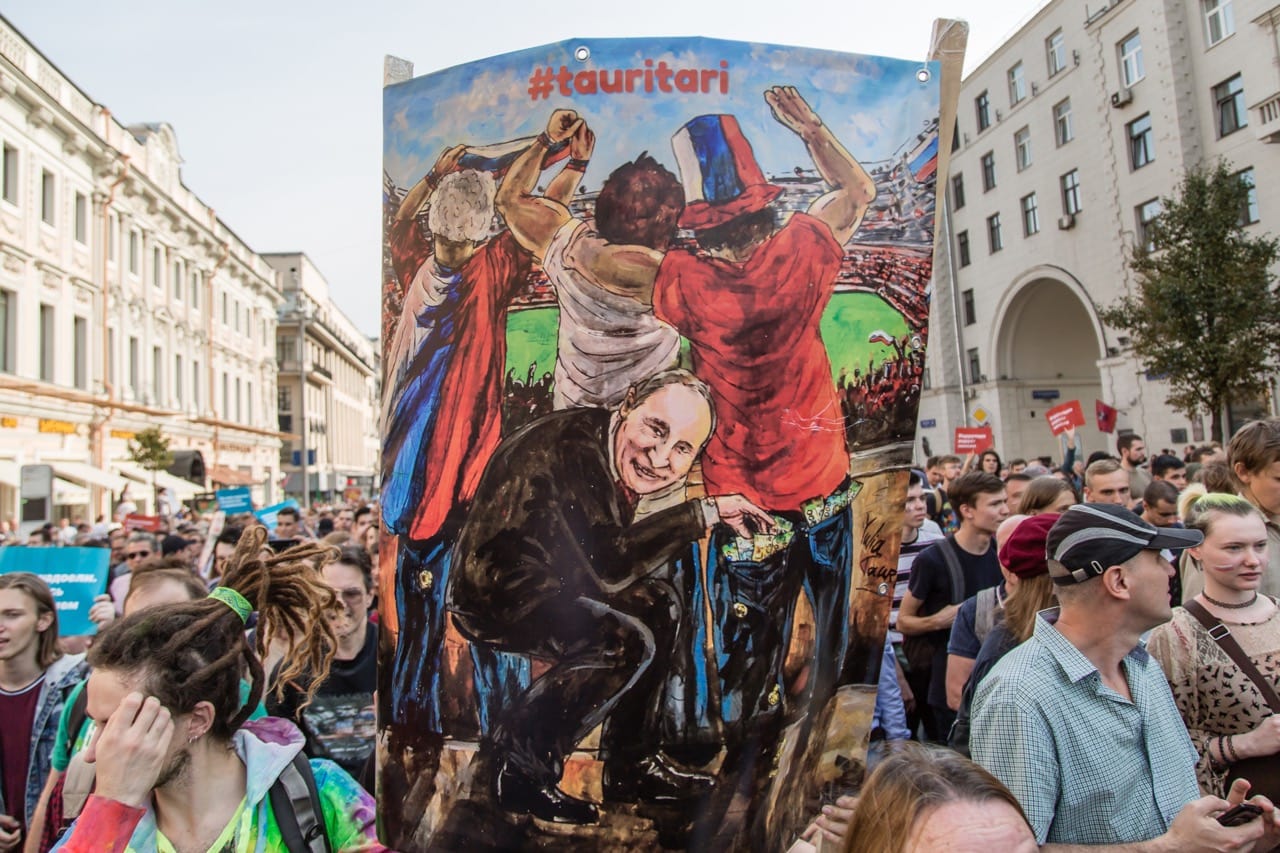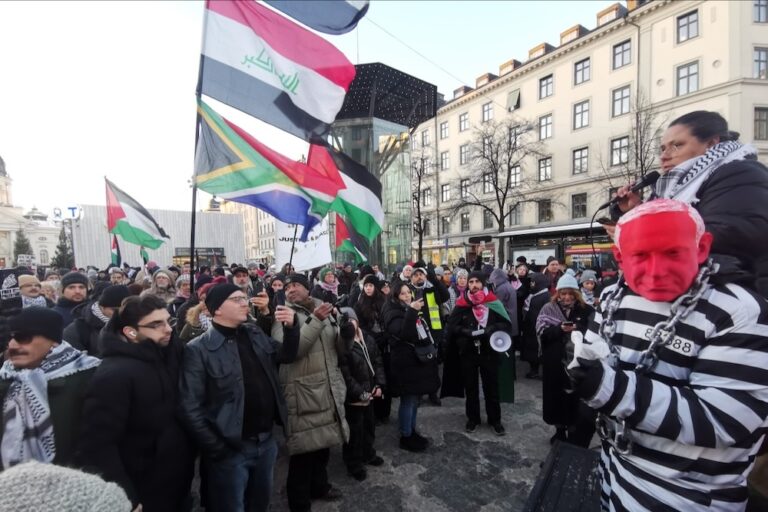In April 2018, Ranking Digital Rights released their third Corporate Accountability Index, a ranking of corporate policies affecting freedom of expression and privacy.
This statement was originally published on advox.globalvoices.org on 28 September 2018. It is republished here under Creative Commons license CC-BY 3.0.
Earlier this month, Google caved in to pressure from Russian authorities and took down videos promoting a protest rally against an unpopular pension reform law. This, reportedly, was the first time that Google decided to comply with a Russian censorship demand. However, actions like these, where Google or other ICT companies fail to ensure respect of users’ freedom of expression and privacy in their policies and practices, have now become too common.
Tech giants and telecommunication service providers are increasingly facing public scrutiny over their direct or indirect involvement in human rights abuses including misusing user data by sharing and selling data without users’ consent to third-parties and censoring legitimate speech at the request of governments are just two ways in which this happens on a regular basis. For telecom operators, the ability to shut down their networks or slow down access to certain services and platforms has been abused at the behest of governments in South Asia, the Middle East and across Africa.
To help shed light on the policies and practices of these kinds of companies, the non-profit research initiative Ranking Digital Rights (RDR) has been working with partners around the world to promote greater respect for freedom of expression and privacy rights among information communications technology (ICT) companies.
In April 2018, RDR released their third Corporate Accountability Index, a ranking of corporate policies affecting freedom of expression and privacy.
For the Index, the Ranking Digital Rights research team evaluated 22 companies from 13 countries (China, France, India, Korea, Malaysia, Mexico, Qatar, Russia, South Africa, Spain, the UK, the US and the UAE), whose products and services are accessed by a majority of the world’s 4.2 billion internet users.
The 2018 Index found that not one of the 22 companies evaluated is fully transparent about their policies and practices that affect users’ freedom of expression and privacy. Their failure to make their policies and practices public can leave users vulnerable to undisclosed risks.
These platforms and services are part of the daily lives of people who access them to exercise fundamental human rights to communicate, access information, express themselves, organize and protest. Yet users remain largely in the dark as companies fall short of disclosing basic information about the design, management, and governance of the digital platforms and services that affect human rights, according to the RDR research.
To make these findings more accessible to companies, civil society, and policy makers in these regions, RDR partnered with Global Voices Translation Services to translate key components of the 2018 Index into six major languages—Arabic, Chinese, French, Korean, Russian, and Spanish.
The Index allows users, investors, and activists to compare how – and whether – internet, mobile and telecommunications companies are making substantive efforts to respect freedom of expression and privacy. Advocates can use this information to demand more transparency and action from companies.
Digital rights groups and researchers are also encouraged to use and adapt the Index methodology to produce local research evaluating the human rights policies and practices of companies and services in their regions.
Written by Afef Abrougui



